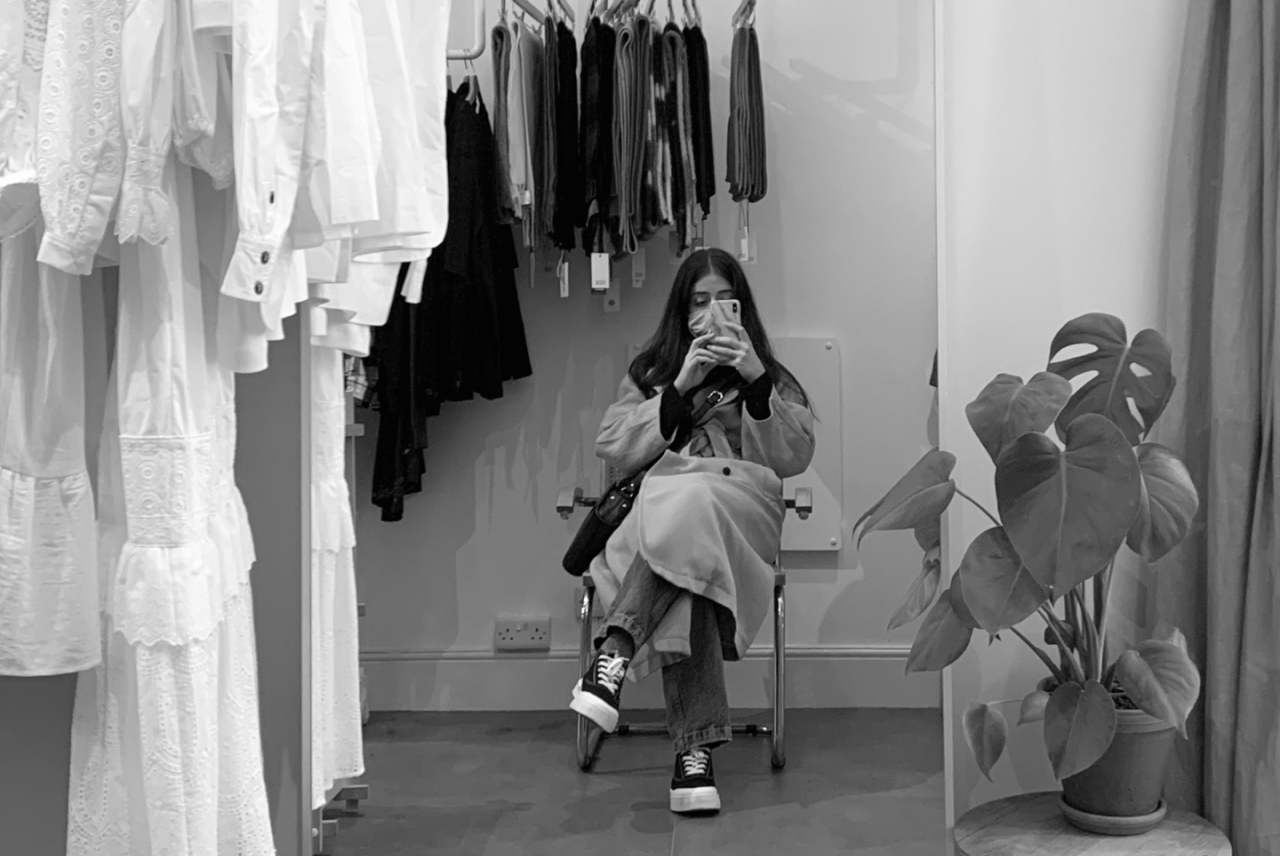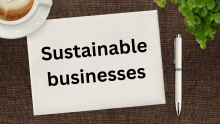The influencer industry is incredibly new and exciting. It’s easy to access (the apps are right there on your phone). You can influence at any level (micro-influencers with less than 10k followers tend to have the best engagement and authenticity). And you can create content about whatever interests you: in my case, and the case of the Ethical Influencers network, that’s everything from sustainable fashion to environmental activism.
However this newness can lead to some unfortunate situations. Influencers can easily be taken advantage of - just check out Influencer Pay Gap to see some of the worst requests that influencers receive. We don’t have colleagues or peers to check in with. And when it comes to industries that thrive off influencer marketing - I’m talking fast fashion - it can fuel overconsumption, pollution, and mountains of waste.
1. Know your worth
The first step to creating a fairer, more equitable influencer industry is to understand the value of content. There’s a lot more to it than pointing a camera and taking a photo! Getting yourself out there, building an audience, and consistently sharing informative, interesting, entertaining content, is work - even if you’re doing it for a hobby.
If you’re approached to promote a brand, product, or campaign, it’s important to recognise the value you are providing in this exchange, and to be given something of equal value back.
This differs from person to person, but it’s important to recognise this as a value exchange, as opposed to a form of flattery, an opportunity to put a big name on your portfolio, or worse - exposure.
Check out SevenSix Agency’s Influencer Pricing Report to know the average rates charged for content, and why it’s important to uphold this to ensure everyone is remunerated fairly.
2. Define your values
Next up - define what you stand for. I mean this in terms of your content, but also how you wish to work.
You want your audience to know what to expect when they view your content, so make clear rules for yourself about what you cover - and what you don’t.
I like to cover what’s authentic to me at any given time - my current interest is sustainable fashion, and uncovering greenwashing, as well as how to take steps to be a sustainable citizen, rather than simply a consumer. I also have a personal rule not to cover alcohol, and I’ve had to turn down international press trips and paid work because of it.
Next, consider what you want in terms of creating your content. Consider how much time you wish to spend per month creating content - what does the ideal scenario look like?
Do you want to make this a full-time career, a side-hustle, or a hobby? And what kind of content inspires you - and what doesn’t? I love to write, but I don’t particularly like video, which is why I don’t have a YouTube channel.
Understanding this will help you to feel comfortable in what you create and sustain it, as opposed to feeling overwhelmed or uninspired.








